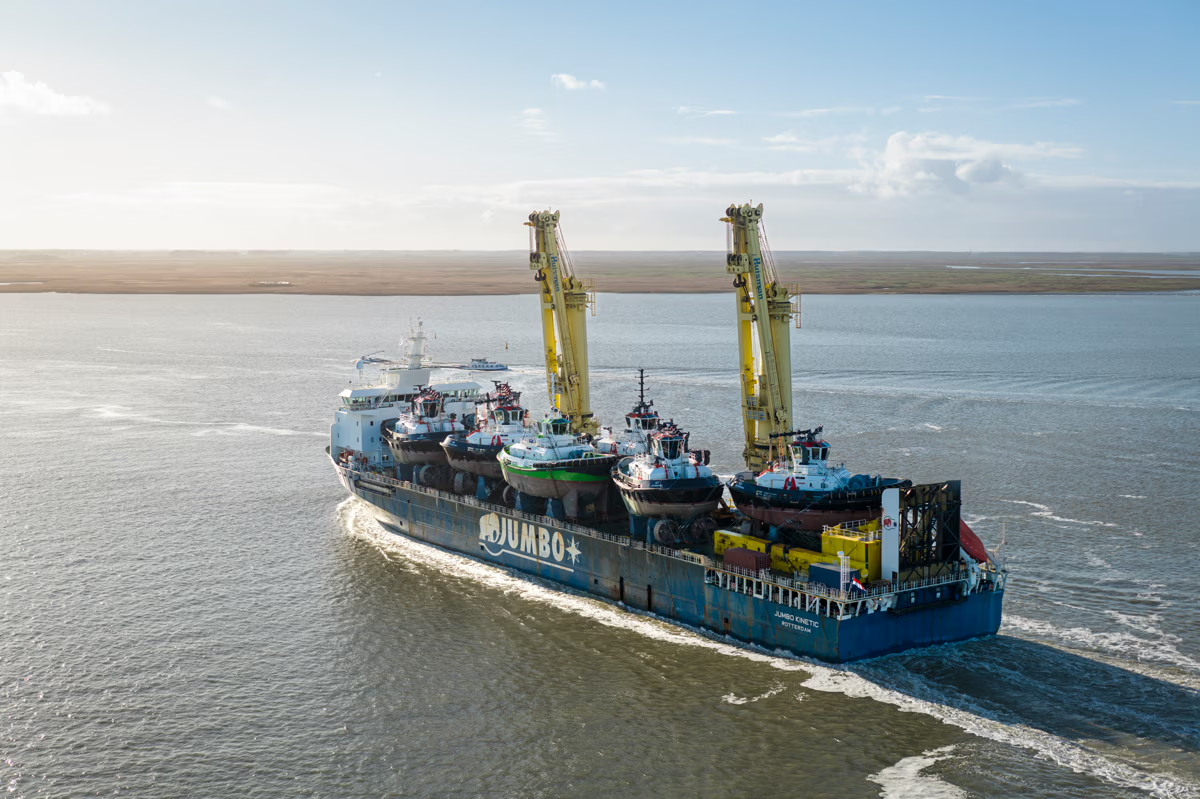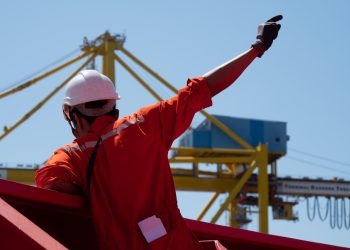ITF condemns government attacks on cabotage
 The International Transport Workers’ Federation (ITF) has welcomed the Australian Senate’s decision to launch an inquiry into Flag of Convenience shipping.
The International Transport Workers’ Federation (ITF) has welcomed the Australian Senate’s decision to launch an inquiry into Flag of Convenience shipping.
The Inquiry by the Rural and Regional Affairs and Transport References Committee will examine the national security, fuel security, environmental, social and economic impacts of FOC shipping and revisit the 1992 Ships of Shame Inquiry.
It follows the recent damning exposé on Australia’s Four Corners television programme into three mysterious deaths at sea on board the MV Sage Sagittarius
A coronial inquest into two of the deaths continues next Monday at the Glebe Coroner’s Court in Sydney. The third death is beyond the scope of the Australian inquest.
The coroner has previously heard allegations that guns were being sold on board the Panama-flagged coal carrier in 2012 and that assaults on and intimidation of the crew were widespread.
ITF national coordinator Dean Summers said there was a high cost involved in cheap shipping.
“I would like to thank the ALP, Greens and cross bench Senators for agreeing to this inquiry which will expose the harsh realities of life at sea for seafarers from developing countries,” Mr Summers said.
“The murky world of FOC shipping needs to be investigated. Intimidation, bullying and harassment are often an unfortunate part of life onboard FOC vessels and it’s allowed to happen because of jurisdictional blurred lines and a lack of regulation.”
ITF president Paddy Crumlin is critical of the conservative Australian government’s moves to deregulate its shipping industry by the removal of cabotage, or rules which encourage investment in the local industry.
“Flag of convenience shipping is riddled with morally ambiguous, and sometimes criminal, practices yet the Australian Government wants to make ships of shame the new normal rather than the extreme exception,” Mr Crumlin said.
“The Australian public deserves to know what the flag of convenience shipping alternative actually means, including its impact on national security, fuel security, jobs and the environment.
“The removal of cabotage would weaken labour and safety standards and threaten thousands of domestic jobs in Australia’s maritime sector.
Mr Crumlin said cabotage is a normal way to deliver domestic freight securely, safely and predictably for many maritime nations including the United States, Japan, China, Indonesia and the Philippines.
Source: ITF


























































